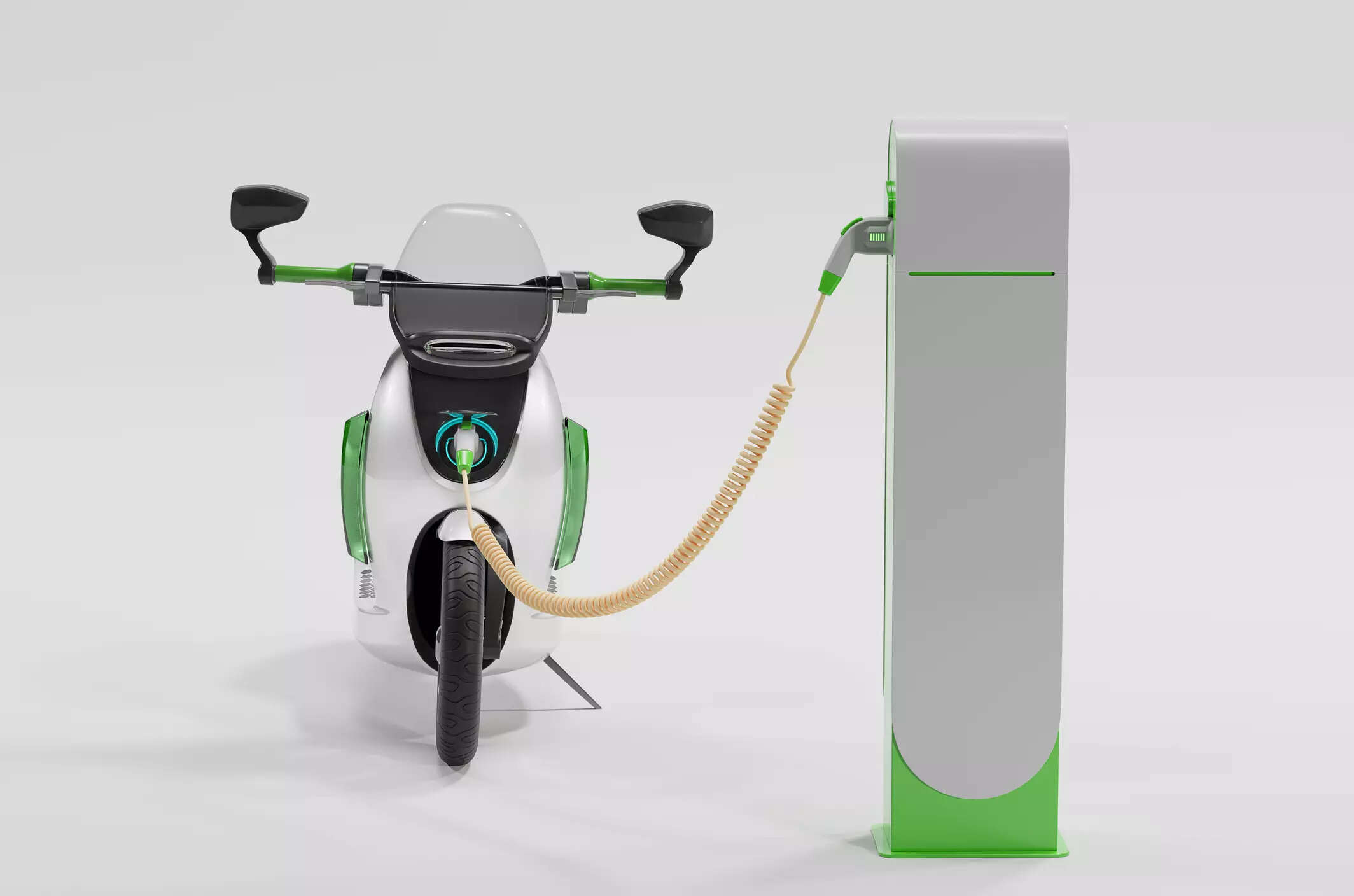
New Delhi: Vehicle testing agency, ICAT has given clean chits to six electric two-wheeler manufacturers after carrying out investigation into the complaints of the automakers bypassing the localisation norms to avail subsidy from government. This has paved the way for the government to release the subsidy to these firms — Okaya, TVS, Jitendra New EV, Avon Cycle, Victory and Thukral — which has been held up after complaints were lodged against them.
In the case of the two EV manufacturers — Okinawa Autotech and Hero Electric — the heavy industries ministry (MHI) has demanded recovery of subsidies totalling Rs 249 crore from them after investigation by another vehicle testing agency, ARAI established that these firms violated the norms to get subsidies.
A spokesperson of ICAT said the investigation into complaints against the six companies involved randomly selecting the sold and in-use vehicles for which subsidy was released; stripping them down; analysis of the sourcing of their components and sub-parts used in their production; factory visits and verification of invoices to establish local production.
“The status of Phased Manufacturing Program (PMP) as per the requirement of FAME-II scheme was clearly established and ascertained. Further documents related to procurement of parts have been collected during the audit. Physical parts of the stripped down vehicle have been tallied against the submitted documents, declarations and invoices. Based on the investigations done so far by ICAT, no serious PMP violations have been observed,” the spokesperson said.
He added that the results of the investigations have demonstrated “proper adoption of FAME-II in letter and spirit” and the MHI may soon be deciding to resume the disbursement of the subsidy.
The MHI had launched the FAME-II scheme to promote indigenously produced EVs in India and this required companies to use domestically-produced components over a period of time to avail subsidy from the government. However there were certain complaints on the violation of the and on the extent of Indian manufactured components used to produce such EVs.

